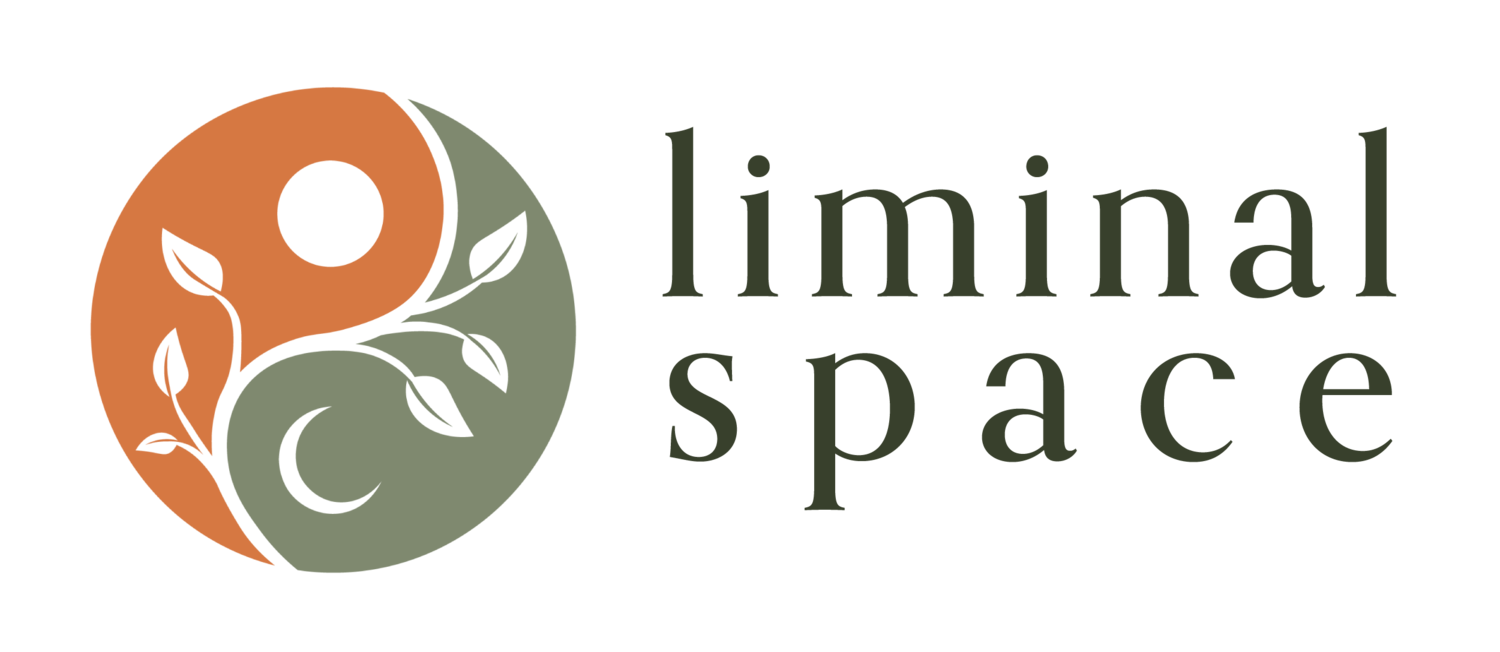When the body breaks.
In 2009 I lived in hilly San Francisco with no car and on the third floor of a huge house. I walked, took the bus or rode my bike everywhere. I was strong, mobile and in great shape. I took a bad fall and ended up having knee surgery. The stairs to my room were winding and narrow. For months I had to crawl on my butt to get up them. I paid for cabs or relied on the few friends I had with cars to get me around. The logistics of life in SF with a limitation of mobility is very challenging. I felt imposed upon by my body. I became depressed.
My mother had Lou Gehrig’s disease, so as a child I witnessed her daily practice of managing frustration as she lost her motor skills—one by one—fully aware of what the end result would be. At the time of my surgery, I was the same age she was when she was diagnosed. When a disease like that takes your parent there is always a part of you that awaits your own diagnosis. My healing process took longer than I expected. My mind kept playing tricks on me thinking that maybe my immobility was now permanent.
I contacted my yoga teacher for guidance. She told me, “This is where your yoga begins. You have been practicing all of these years for this.” I did not like this. I was going crazy and needed to move and here she was encouraging me to sit. As usual, she was right. Thankfully, my ten years of practice was not in vein. Those words enter my mind every time I am faced with some sort of challenge. If not for this, then what are we doing on the mat?
I began a meditation practice of imagining yoga. I would lie on my floor and imagine my body moving through the poses. I felt the stability of my bones, the strength of my muscles and the mobility of my joints. Afterwards, my body felt amazing! I have no doubt the body feels the effects of an imagined practice. Think about how tense the body gets when the mind worries. Why wouldn’t it be the same? More importantly, my mind settled, allowing me to sit and watch myself—my thoughts and emotions. Things seemed clearer and more manageable.
My experience with my mother and my surgery spawn a special interest in people’s emotional relationship with their body when dealing with break down either through age, injury or illness. I know what the mind does with it. If we let it run rampant then it will eat us alive. I also know that there is a way to use our mind as a tool for support.
If you are experiencing a limitation that is challenging your state of mind—whether permanent or temporary—I want you to know that you are always welcome in my classroom. No matter the style or level of class, there is a place for you. I will help you get comfy in a restorative or seated position that you can rest in through the class. You may lie there with your eyes closed and imagine your body following my instructions as I guide the rest of the class. Being in the room with others with focused intention will be a HUGE benefit to your body and your spirit. You do not have to do this alone.
If you are interested in learning more about body/mind relationship when the body breaks, check out the documentary “Heal” on Netflix.

